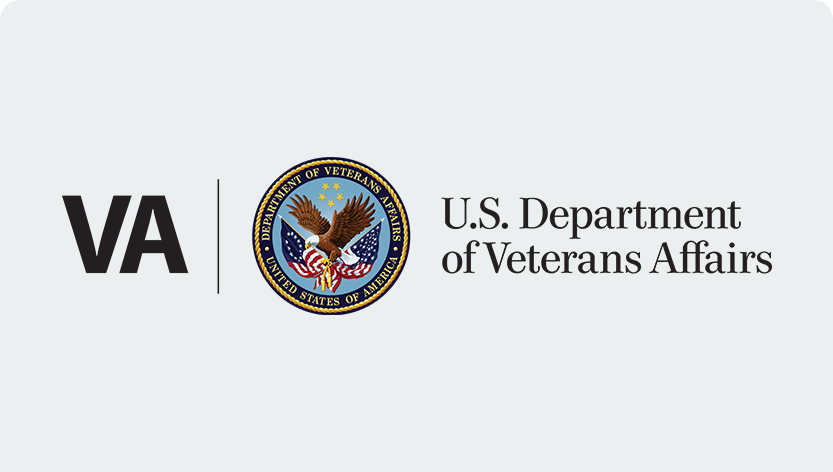Military & Veterans News
VA proposes rule to expand access to its Program of Comprehensive Assistance for Family Caregivers
U.S. Department of Veterans Affairs

WASHINGTON — Today, the U.S. Department of Veterans Affairs announced its intent to expand access to its Program of Comprehensive Assistance for Family Caregivers (PCAFC) — a program that provides family caregivers of eligible Veterans access to services and supports, including training and education, financial assistance, health care coverage, beneficiary travel, peer support, and more. The program is an essential part of VA health care, ensuring that family caregivers of eligible Veterans get the comprehensive support they need.
Through the proposed rule, VA seeks to expand and clarify access to the program; reassess eligibility less frequently, reducing burden on Veterans and caregivers; and expand access to telehealth home visits in case of emergencies. The new eligibility criteria are more expansive, meaning that thousands more Veterans and their caregivers will be able to access the program.
VA and the Biden-Harris Administration are committed to ensuring every Veteran gets the care, benefits, and support they deserve, including support for their caregivers — a commitment that is a key pillar of President Biden’s Unity Agenda for the nation. VA currently provides services, resources, and assistance to a record 89,700 caregivers participating in either PCAFC or the Program of General Caregiver Support Services. This proposed rule marks a significant step in VA’s comprehensive efforts to ensure the needs of participating Veterans and their family caregivers are met.
“We understand the critical role that family caregivers play in supporting the health and wellbeing of Veterans, which is why VA is committed to ensuring our programs are meeting the needs of Veterans and their caregivers,” said VA Secretary Denis McDonough. “These proposed changes would expand the program to tens of thousands of Veterans and their family caregivers — ensuring we can provide these caregivers with the respite care, education, support, and resources they need to care for their Veteran.”
The proposed changes to the program include:
- Expanded eligibility: This proposed rule would expand certain PCAFC eligibility criteria to include a more expansive definition of “serious injury.” This proposal would include Veterans who meet the criteria for “individual unemployability” as those suffering from a “serious injury,” thus expanding access to the program for certain Veterans.
- Telehealth flexibility: The proposed rule would allow VA to conduct home visits via telehealth during any emergency declared by a federal, state, or local authority involving certain safety or public health risk.
- Fewer reassessments: Under the proposed rule, VA would reassess eligibility less frequently, lowering the burden for Veterans and their families. Specifically, eligible Veterans’ need for personal care services would be reassessed not more frequently than every two years, with certain exceptions, rather than the current one-year standard period between reassessments.
- Delayed discharges: The proposed rule would further delay discharges based on eligibility reassessments for legacy participants, legacy applicants, and their family caregivers for an additional 18 months after the effective date of a final rule. The delay in discharges is currently slated to expire in September 2025.
- Clarified eligibility: New criteria would expand and clarify the bases on which a Veteran may be determined in need of personal care services for six continuous months. It would also update criteria for determining primary family caregivers’ eligibility to receive the higher stipend level.
Through VA’s PCAFC, family caregivers of eligible Veterans have access to training, respite care, counseling, support, and beneficiary travel. Additionally, primary family caregivers receive a monthly stipend, may be eligible for health care coverage through the Civilian Health and Medical Program of the Department of Veterans Affairs and can access certain legal and financial planning services.
VA encourages individuals to submit comments on any of the proposed changes and has included questions within the proposed rule seeking specific input from the public. The proposed rule can be viewed in the Federal Register under public inspection and will be published and open for comment beginning Dec. 6 on VA’s Federal Register webpage.
###


